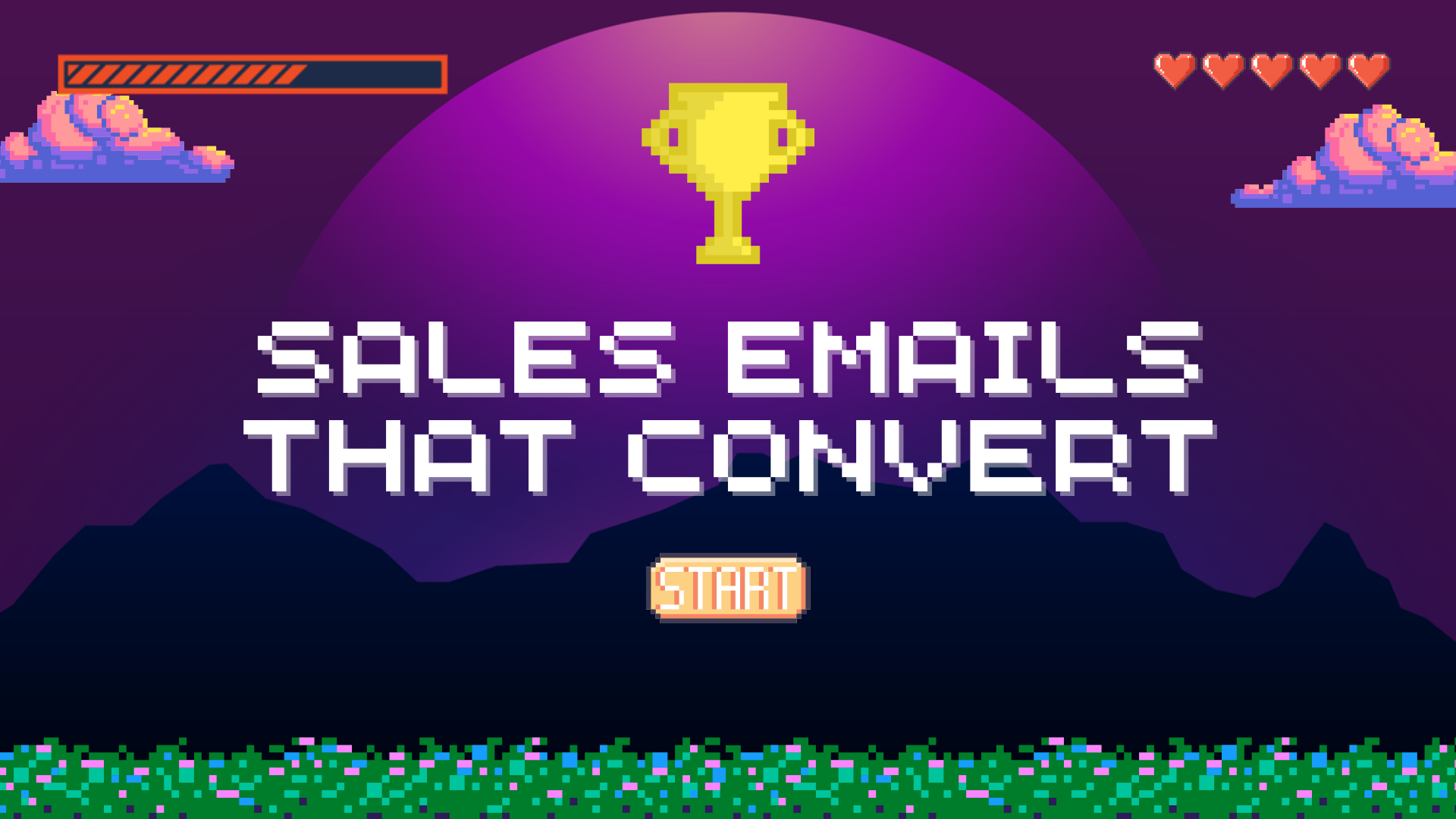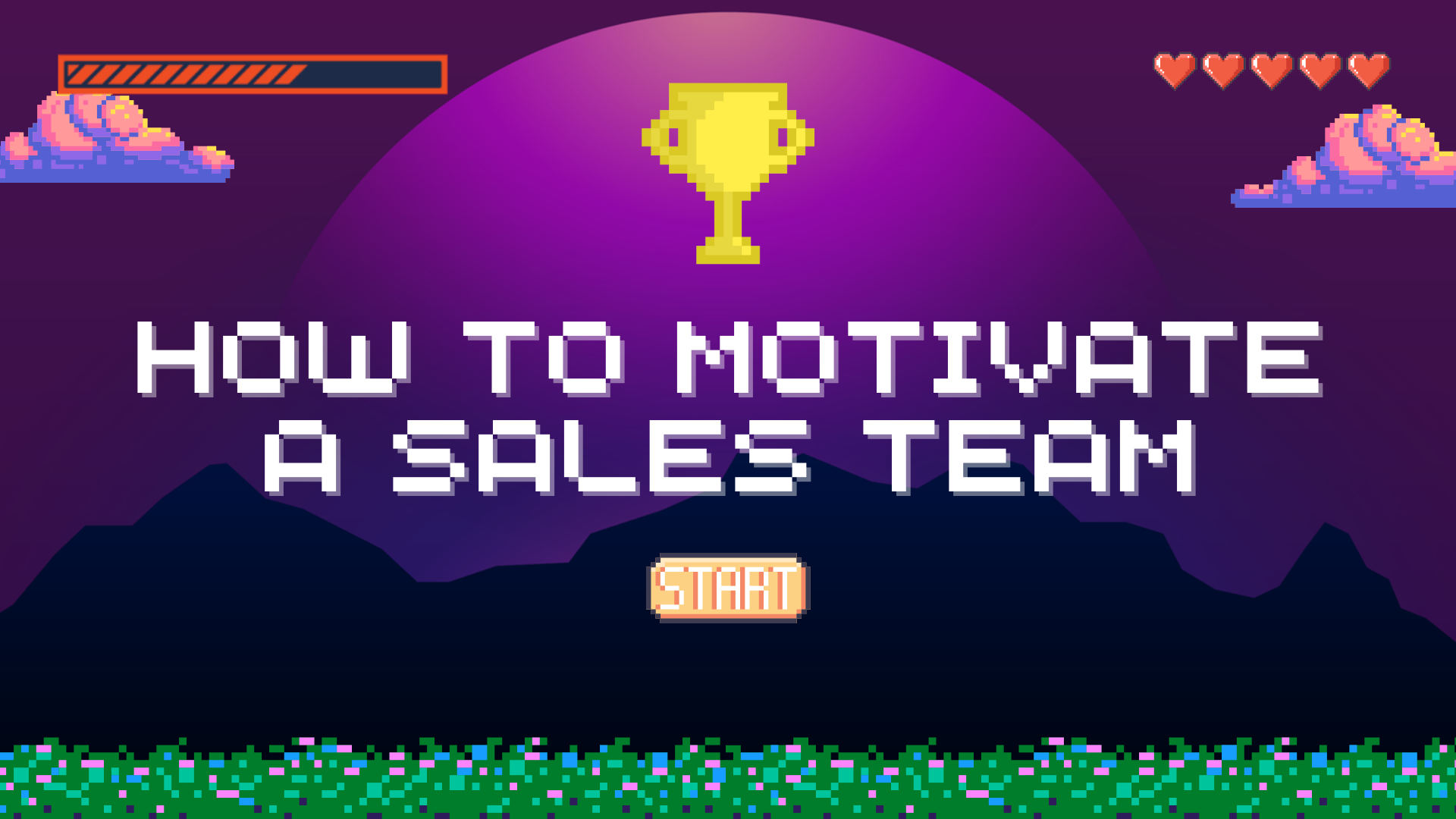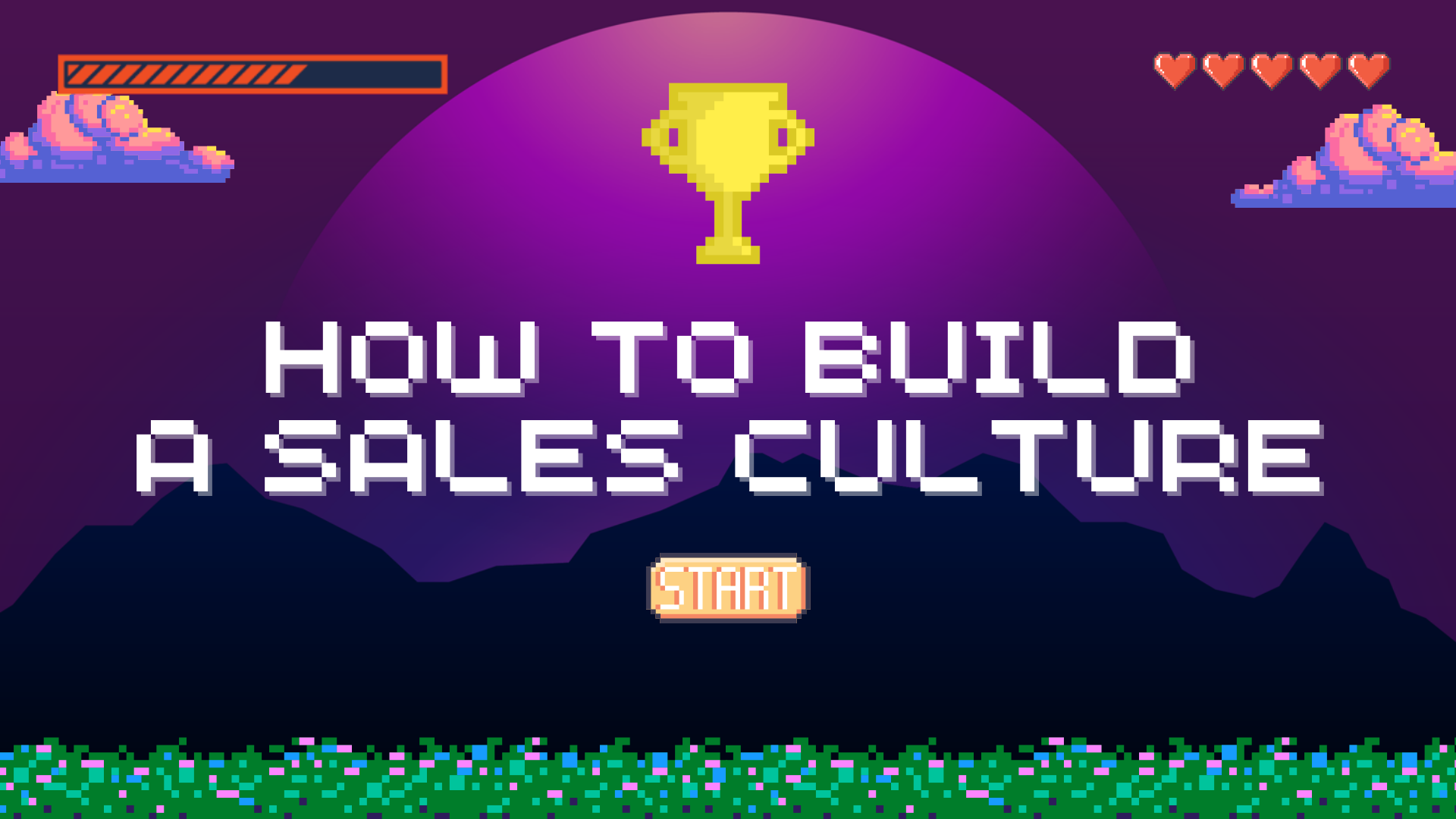Motivating a sales team is a critical component of any successful business. A highly motivated sales team can drive revenue growth, customer acquisition, and customer retention. However, motivating sales teams is not always easy.
The sales industry can be highly competitive, and sales representatives can become demotivated quickly if they feel they are not meeting targets or not being rewarded for their hard work. One effective way to motivate a sales team is through gamification and lead measures.
Gamification is the application of game design principles and mechanics to non-game contexts, such as business. By incorporating game-like elements, such as competition, rewards, and progress tracking, into a sales team's work environment, sales representatives can become more engaged and motivated to achieve their goals.
Lead measures are quantifiable indicators that can predict future sales results. By tracking and analysing lead measures, sales teams can gain a better understanding of what activities are driving sales and adjust their efforts accordingly. Lead measures can include metrics such as the number of calls made, the number of appointments scheduled, and the number of proposals submitted.
Combining gamification and lead measures can create a powerful motivation tool for sales teams.
Here are some ways to incorporate gamification and lead measures to motivate a sales team:
Establish clear goals and objectives before implementing gamification and lead measures.
It is crucial to establish clear goals and objectives for your sales team. Sales representatives need to know what they are working towards and how they will be measured. Goals should be challenging but achievable and linked to the overall business objectives.
Identify relevant lead measures
Identify the key lead measures that are relevant to your sales team's objectives. These should be the metrics that most closely align with driving sales. For example, if your sales team's goal is to increase the number of new customers, then the number of new leads generated would be an essential lead measure.
Track and measure progress
Implement a system to track and measure progress towards lead measures and goals. This can be done using a spreadsheet or sales software (like Outbound). Providing real-time feedback to sales representatives on their progress can help keep them engaged and motivated.
Create a rewards system
Create a rewards system that incentivises sales representatives to achieve their goals and lead measures. The rewards should be desirable, achievable, and aligned with the overall business objectives. For example, rewards could include bonuses, gift cards, or recognition at team meetings.
Incorporate gamification elements
Incorporate gamification elements, such as badges, levels, and leaderboards, to increase engagement and motivation. Sales representatives can earn badges or level up as they achieve lead measures or goals. Leaderboards can also be used to create healthy competition among sales representatives and incentivize them to work harder.
Provide regular feedback and coaching
Provide regular feedback and coaching to sales representatives to help them improve their performance. Feedback should be constructive and focused on specific areas where they can improve. Coaching can also be provided to help sales representatives learn new skills or improve their techniques.
In conclusion, gamification and lead measures can be highly effective in motivating a sales team. By establishing clear goals and objectives, identifying relevant lead measures, tracking progress, creating a rewards system, incorporating gamification elements, and providing regular feedback and coaching, sales representatives can become more engaged and motivated to achieve their targets. A motivated sales team can drive revenue growth, customer acquisition, and customer retention, ultimately leading to the overall success of the business.











